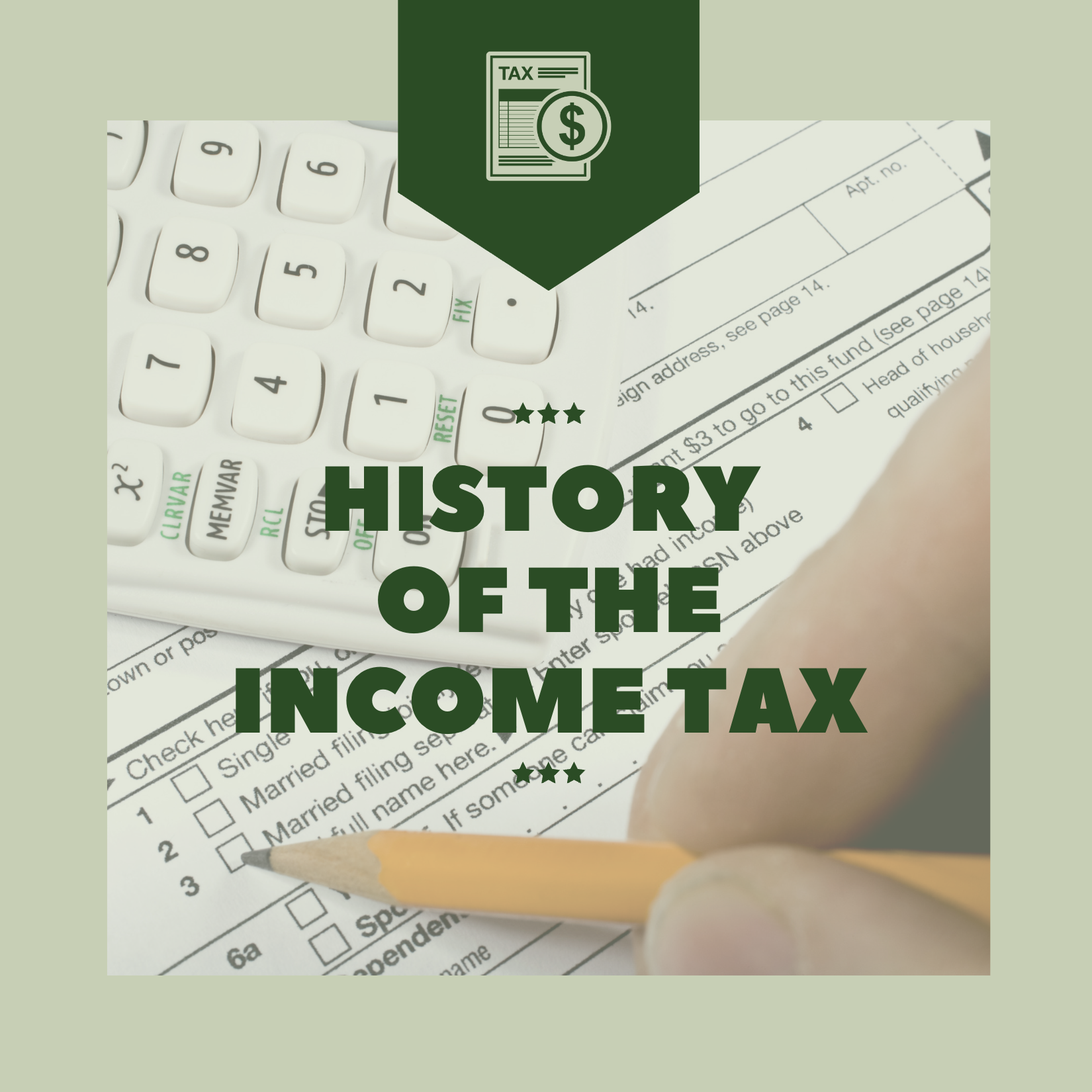
This article was originally published in the Columbia Daily Tribune.
I would estimate that less than one percent of the people in Mid-Missouri have ever hitched a horse to a wagon. I have never done it, although I have ridden horses for enjoyment on several occasions. Having been raised in a suburb of St. Louis, I didn’t know anyone who owned a horse. In Mid-MO, I would imagine that the experience of hitching horses to wagons would be limited to one of our wonderful Amish communities, or the folks at the Clydesdale ranch near Boonville. Having watched dozens of Western movies over the years, even I know that horses pull plows and stagecoaches, they don’t push them.
The phrase “put the cart before the horse” means to do something backwards. But that is what many people do when it comes to important financial decisions. They get caught up in tax aspects of a potential transaction before considering more important factors.
In a common decision tree, tax considerations are usually third. Below, I have ordered by importance the typical considerations when making a big decision:
1. Does it make business sense?
2. Is it the best decision for our family?
3. How can we minimize the tax burden?
I have been involved with situations where people ask me the tax consequences of a particular action before they have thought through the transaction. After asking questions, they realize it doesn’t make business sense. Or, they were so excited about making something happen that they forgot to get input from their spouse, parents, children, etc. Family ties are not strengthened when people you love are ignored and their perspective is not sought.
However, in most cases, if the anticipated transaction makes financial sense and the implications for the family are positive, now it is time to consider the most tax-efficient way to make it happen. That said, the emotional needs of the key players can trump the other considerations. Sometimes, the cumulative stress of a situation causes the decision maker to become very emotionally involved to the point that expediency becomes the primary factor. When that happens, logic and priorities go out the window and unnecessary taxes are paid.
Let’s look at three options. First, let’s set the facts. An elderly couple with four grown children owns 500 acres of farmland in Mid-MO. (Note, they have determined that: 1) selling the land makes more sense than renting it, and 2) giving the land to their children (family) is the best use of this asset.) Let’s assume the land is now worth $4,000/acre, which makes the total value of the land worth $2 million. Their cost basis is only $400/acre (10 percent of the current value). They want each of their children to receive $500,000. Their long-time neighbor is willing to purchase the entire tract, so there will be no sales commission. For ease of comparison, let’s: 1) ignore the other closing costs for paperwork, title insurance, recording the deed, etc., 2) assume a 15 percent federal capital gains tax rate, and 3) assume the new-for-2019 MO tax rate of 5.4 percent.
Option 1. If mom and dad give the land to their children while they are still living, the children receive the same basis as the parents (10 percent). The subsequent sale of the land by each of the siblings would have significant tax consequences. Each sibling would receive $500,000 from the sale, but $450,000 would be subject to federal capital gains and MO taxes. The tax for each of the four siblings living in MO would be $91,800 (15% + 5.4% = 20.4% * $450,000 = $91,800). Almost 20 percent (18.4 percent) of the funds received from the sale by each sibling would be wasted in taxes.
Option 2. Mom and dad talk to their tax adviser about the most tax-efficient strategy. He informs them that: 1) their estate is small enough that no federal or MO estate taxes would apply, and 2) they could eliminate all taxes if they cause their children to inherit the land after their deaths. Because inherited assets receive a “step-up in basis” to fair market value on the date of the owner’s death, this would be the most tax efficient strategy and would effectively eliminate all taxes.
Option 3. Mom and dad talk about their situation with their tax adviser, but they want their children to enjoy the money now and not wait. So, he mentions some options to legally avoid taxes on their highly appreciated land.
In summary, Option 1 ignores the value of tax-reduction planning and causes the largest loss of family wealth to taxes. Option 2 assumes that time is not an important consideration and that all the siblings would rather have more money later than less money sooner. (The health of the parents could have an impact on this decision.) Option 3 seeks to provide the children with current proceeds from the sale of land in a tax-efficient way.
In conclusion, many people are distracted about considering tax consequences of large financial decisions before other priorities are considered. In the example above, timing was a key to which tax-efficient strategy to use. Just remember not to put the cart in front of the horse because other considerations are more important than tax reduction.
Aric E. Schreiner, CPA, PFS, CTC, is a managing member at Columbia CPA Group, LLC.




